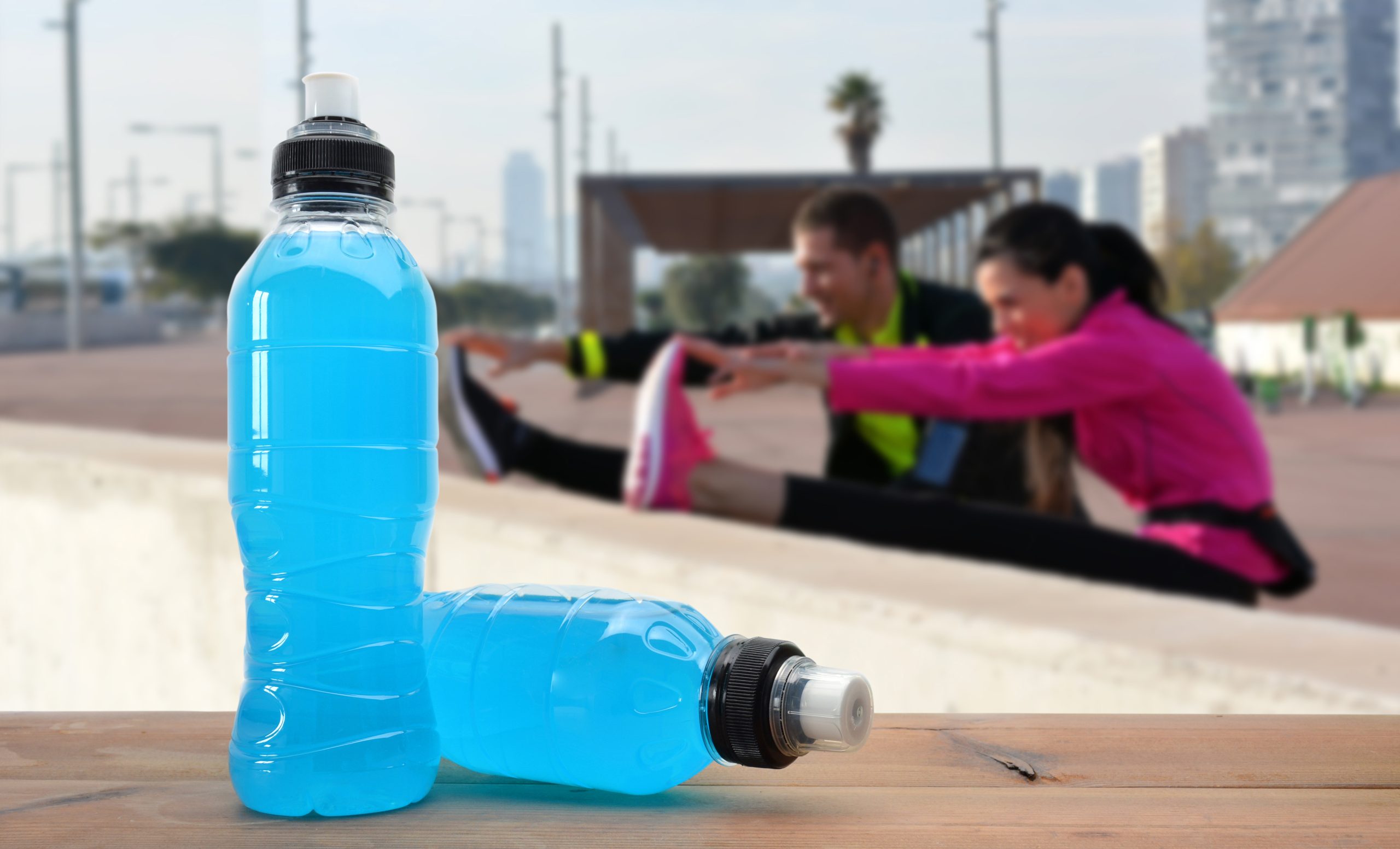Given the increasing popularity of sports and exercise, the fortified drinks market is dominated by sports and energy drinks: sales have doubled over the past five years, and market potential remains vast [1]. These drinks point to the health benefits of electrolytes: they contribute to maintaining performance levels, and increase water absorption during high-endurance activity. Electrolytes more commonly known by everyday names such as sodium, chlorides, calcium, magnesium, potassium, zinc, etc.
Electrolytes: minute quantities with essential effects
An electrolyte is a type of micro-nutrient which, when dissolved in water, enables the conduction of electrical currents via the movement of ions. They are found in the bodily fluids (sweat, blood, saliva, etc.) of living things, and though they are present only in very small quantities (less than 0.01%), they are responsible for the proper functioning of all cell activity in the human body.
In fact, they play several roles within the body[2]:
- They are the essential components in enzymes,
- They are involved in the generation and use of metabolic energy,
- They provide structural stability for large molecules,
- They regulate key biological processes.
Fatigue, headaches, nausea and muscle cramps are all signs of electrolyte deficiency.
An imbalance in micro-nutrients can be considered a risk factor for numerous diseases with significant public health repercussions[2].
The role of electrolytes for athletes
As electrolytes are present in our bodily fluids, we lose them when we sweat.
Electrolytes are involved in around a hundred biological processes linked to exercise and athletic performance, such as the storage and expenditure of energy, protein metabolism, inflammation, oxygen transport, heart rate, bone metabolism and immune function[3]. The loss of bodily water, or dehydration, is therefore detrimental to physical performance [4]. As such, an effective way to prevent the negative impact of fluid loss on physical performance is to drink water that has been fortified with micro-nutrients.
Over the past 10 years, several in vivo studies in humans have shown that a rehydration protocol using beverages with high levels of minerals and micro-nutrients:
- improves rehydration after physical exertion [4;5]
- shortens recovery times following muscular and respiratory effort [4;5;6]
- can improve athletic performance [7;8]
Following a period of exertion, it is well known that it is important to consume protein-rich foods in order to encourage the repair of damaged muscle fibres. However, micro-nutrients (and vitamins) are also involved in this repair process, as they enable enzymes to function properly. Micro-nutrients are naturally alkaline, meaning they help neutralise the lactic acid produced during intense effort, thereby reducing muscle inflammation.
So in order to ensure optimum performance when exercising, make sure you consume fruits and vegetables rich in micronutrients every day, and stay hydrated!
Discover our trace element-rich ingredient for your sports drinks: OSELAN®.
BIBLIOGRAPHIE :
[1] Suntory Beverage & Food France se lance sur les boissons énergétiques. Process Alimentaire, article publié le 03/31/222 par Marjolaine Cérou [consulté le 05/22/2023].
[2] Aliasgharpour M. and Rahnamaye F.M. (2013). Trace elements in human nutrition: a review. Int. j. med invest., 2(3):115-128
[3] Heffernan S.M. et al (2019). The role of mineral and trace element supplementation in exercise and athletic performance: a systematic review. Nutrients, 11(3):696. DOI: 10.3390/nu11030696
[4] Harris P. R. et al (2019). Fluid type influences acute hydration and muscle performance recovery in human subjects. J. Int. Soc. Sports Nutr., 16(1):15. DOI: 10.1186/s12970-019-0282-y
[5] Keen D.A. et al (2016). The impact of post-exercise hydration with deep ocean mineral water on rehydration and exercise performance. J. Int. Soc. Sports Nutr., 13:17. DOI: 10.1186/s12970-016-0129-8
[6] Hou C.W. et al (2013). Deep ocean mineral water accelerates recovery from physical fatigue. J. Int. Soc. Sports Nutr., 10:7. DOI: 10.1186/1550-2783-10-7
[7] Wei C.Y. et al (2017). Deep ocean mineral supplementation enhances the cerebral hemodynamic response during exercise and decreases inflammation postexercise in men at two age levels. Frontiers in physiology, 8:1016. DOI: 10.3389/fphys.2017.01016
[8] Higgins M.F. et al (2019). Oral Ingestion of Deep Ocean Minerals Increases High-Intensity Intermittent Running Capacity in Soccer Players after Short-Term Post-Exercise Recovery: A Double-Blind, Placebo-Controlled Crossover Trial. Mar. Drugs, 17:309. DOI: 10.3390/md17050309
